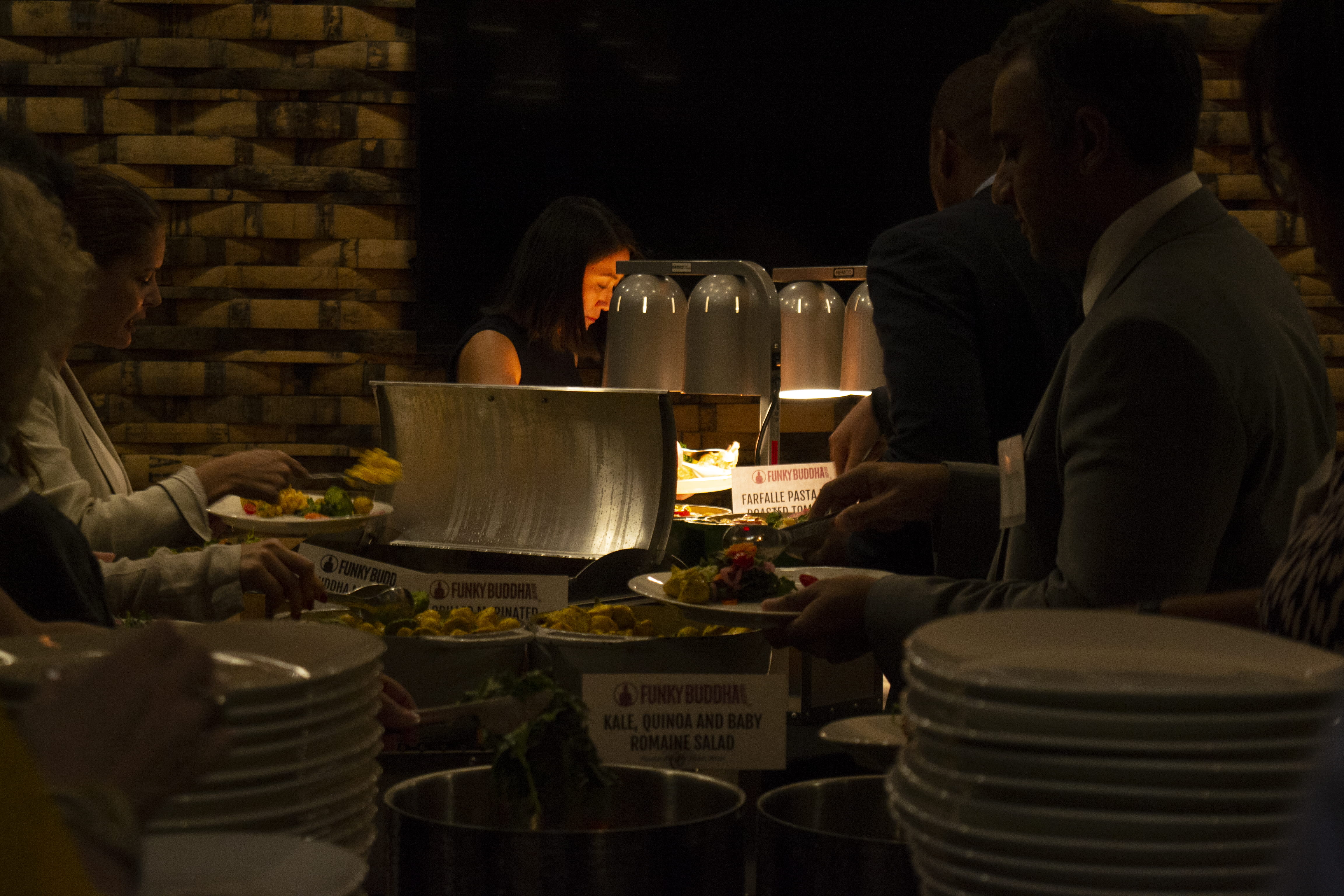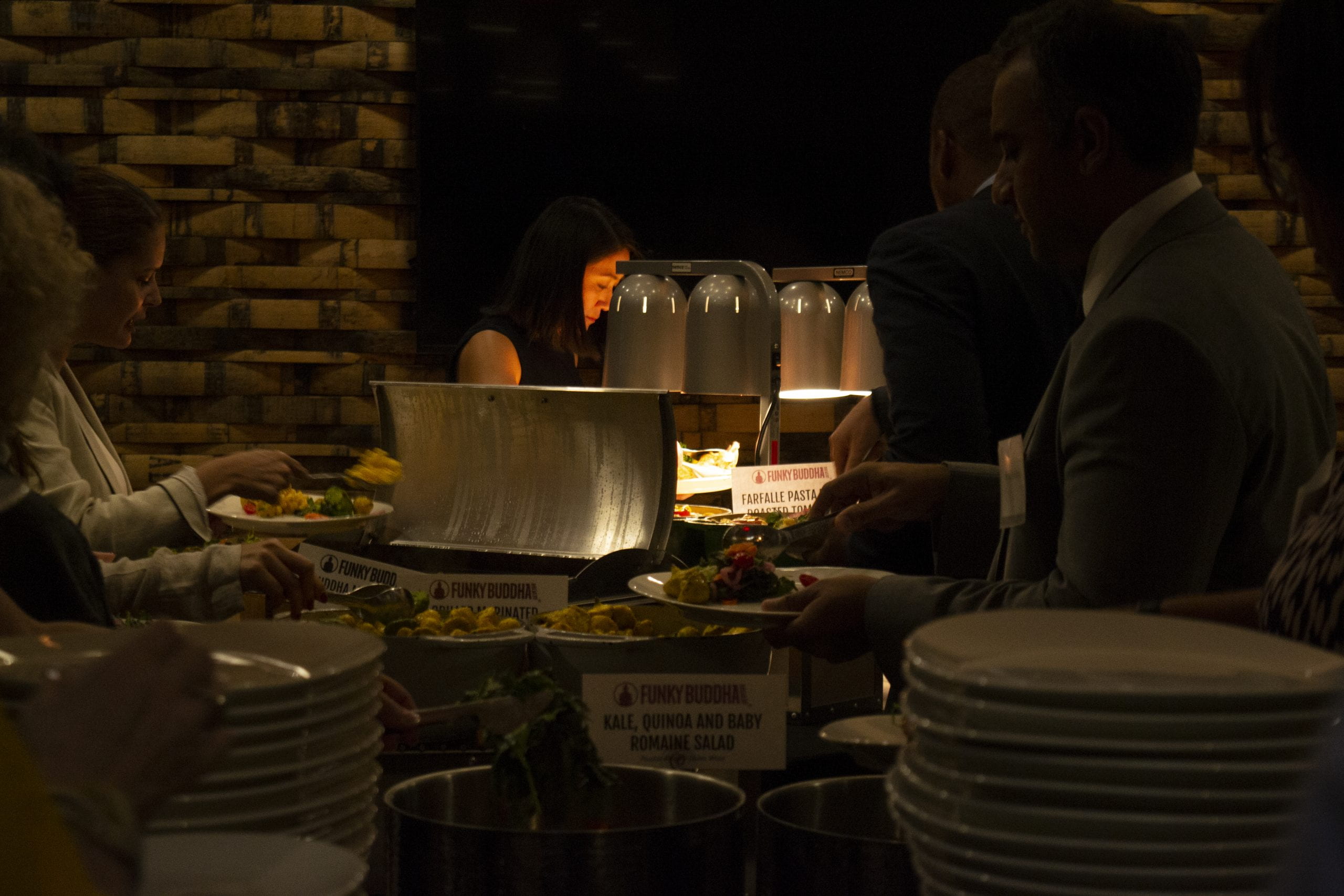Thandie Brown
Online Editor
2020’s Village Square was a 180 of the last forum Broward College participated in. Moderated by Brian Bandell Senior Reporter with the South Florida Business Journal, Bandell kept the night positive and informative. The evening was paneled by, Kyle Jones of State Public Affairs NAIOP (Commercial Real Estate Development Association) and Susan L. Trevarthen of Member Weiss Serota Helfman Cole & Bierman, P.L.
They focused on the importance of knowing the legislative bills from the state’s governing office and how that affects Florida’s real estate and housing opportunities.
As educating as the panel was, they missed important details that directly affect Broward College students. Talking about the importance of new property developments, the effect of newer developments in historical communities were approached as opportunities for wealth and economic gain.
They emphasized that laws put into effect from over 3 decades ago can aloofly be redistributed from the budget’s asset aside from housing and community betterment.
In this, this Dinner at the Square was more of a formal discussion than an argumentative forum.
In what was said, there were visitors of the audience that were well-versed in the margins of realty as well as visitors that sat confused at terms and references specially fitted for the occasion.
The potential of the panel’s discussion fell short and as it concluded, the audience was generally silent. Some important things were missed from the agreeing panel including the environmental effects of expansion out west, the fact that population data from this decade’s census will be out-of-date in two years and the matter that as affordable as newer developments are attempting to be, the economic toll new housing takes on surrounding property taxes can break the budgets of middle-class residents.
An over-looked detail of housing is the issue of resources and affordability. Some residents just do not know what is available. In the progressive message, a key point that was missed — accommodations for South Florida’s homeless residents.
There was so much that could have been discussed, but in the complexities of the real estate market and in setting the foundation of the discussion, just as the opportunity to engage was available, time was up.
It could be different because of the general information circled amongst the public. Another influence could have been knowledge, interest or age.
Real estate is not a common topic for students to approach. As statistics show that more students return home rather than live independently following secondary education, the information is more specific to certain groups of people, unlike the general knowledge that surrounded the Census dinner previously hosted.
The panel discussed the issues to come with expansion. Matters of improving sewage lines, use of un-occupied land and micro-housing solutions were mentioned to give some context of housing complexities.
These possibilities are attempts to prepare for the long-term effects of mass housing developments to come. Trevarthen went so far as to create a current grid and projected grid of land space and water usage. Waterways that would undergo mass stress if housing were to continue at its current rate were shown on a crowded scale.
She stressed the importance of adjusting the current law and policies for use of newer and better-developed methods for successful housing.
Jones discussed the economic benefits of more development, concerning older infrastructure, he says, “new developments pay for the costs to replace older pipes.”
Where downtown Ft. Lauderdale had some of the highest real-estate prices in the state, Trevarthen says, “stop taking money from the Sadowski Affordable Housing Trust Fund.”
They agreed that as progressive as housing expansion is is as much effort as it uses. Accommodations for parking and road expansion are priorities of heavier traffic.
In addition to Florida’s intercoastal flooding, i.e., King Tides, and erosion, this topic should be revisited and extended so that students and residents can understand the initiatives to come.
Whether South Florida remains recognizable after its expansion is the road residents must travel.
browt175@mail.broward.edu

